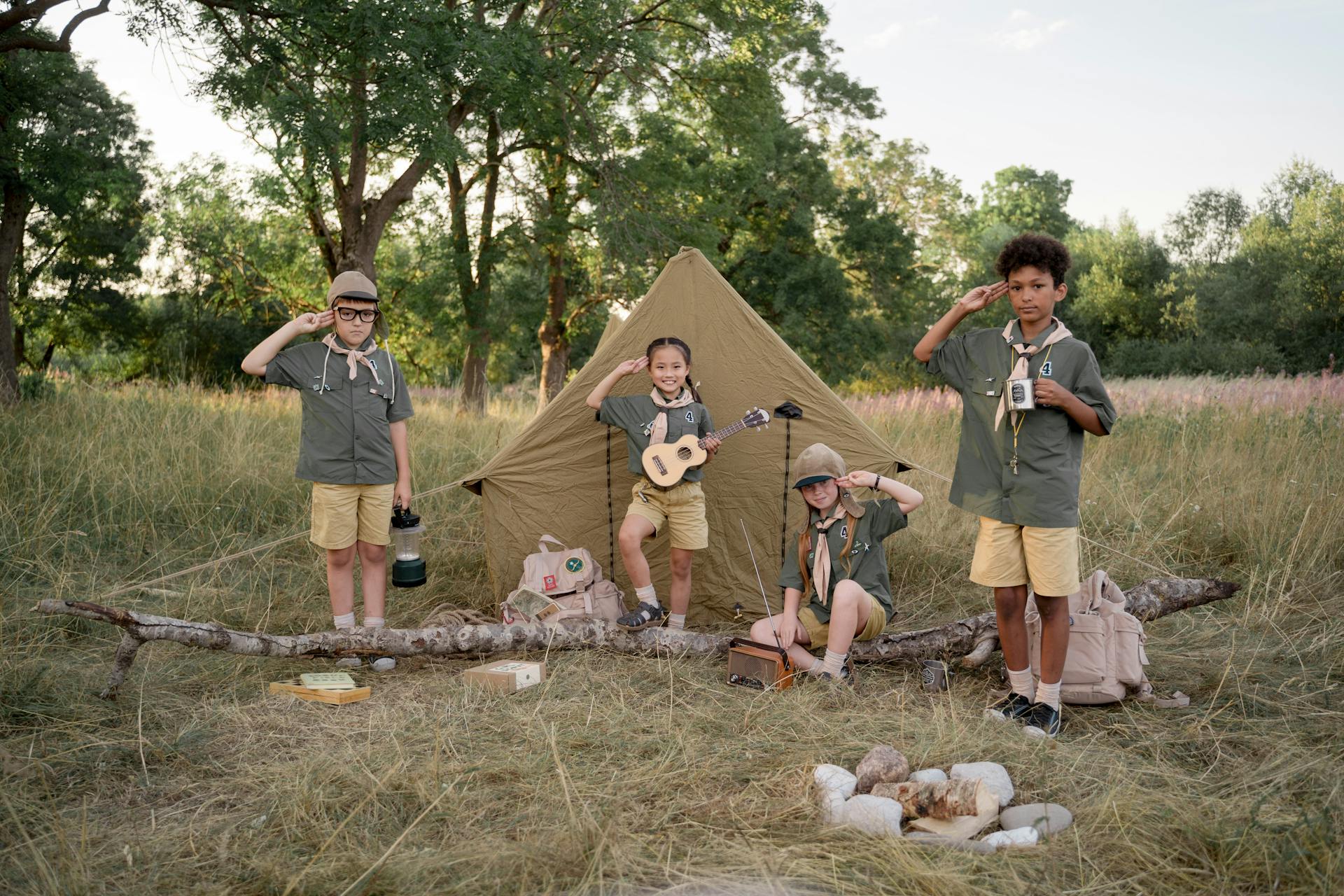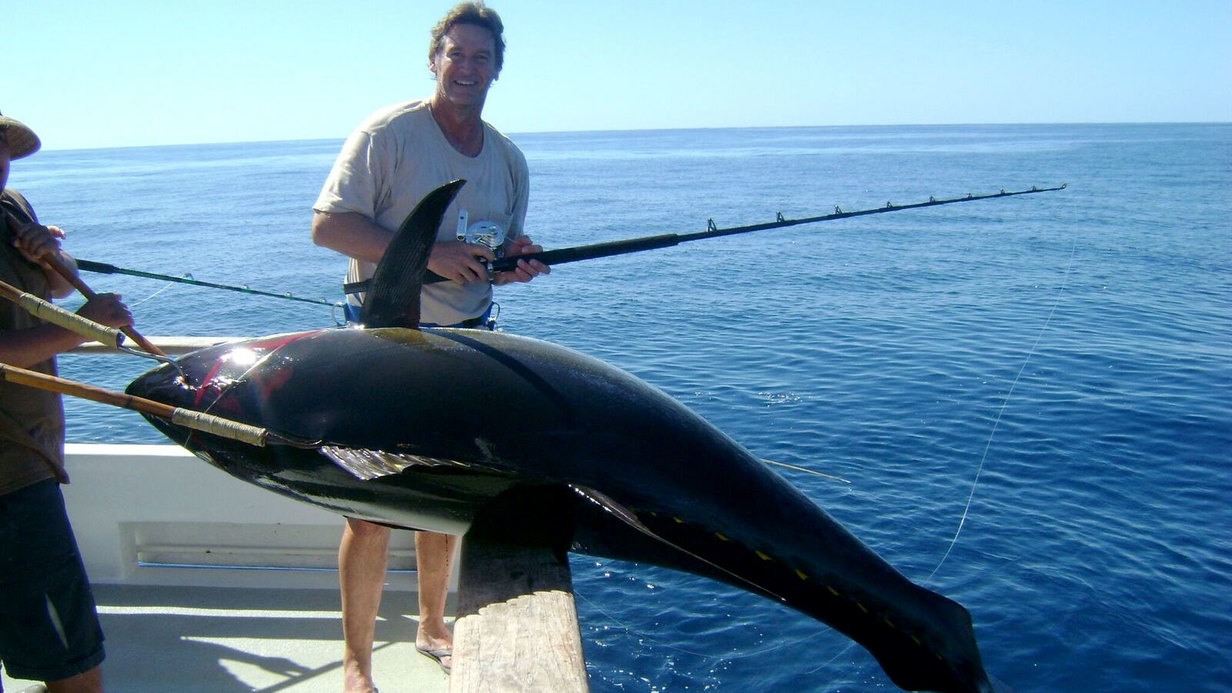Summer camps are a hotspot for adventure, learning, and fun, creating an environment where children can thrive and explore. The key to a successful summer camp lies in its activities, which should cater to diverse interests and energy levels. Here’s a comprehensive guide to summer camp activities designed to create an exciting atmosphere and memorable experiences.
1. Outdoor Adventures
- Hiking and Nature Walks: Organize guided hikes through local trails. Include educational talks about the local flora and fauna.
- Canoeing and Kayaking: Water activities not only cool down the campers but also teach valuable paddling skills.
- Orienteering: Use compasses and maps for a fun and educational treasure hunt, teaching basic survival and navigation skills.
2. Sports and Team Games
- Traditional Sports: Soccer, basketball, and volleyball are great for teaching teamwork and sportsmanship.
- Ultimate Frisbee: A fun and fast-paced game that enhances coordination.
- Obstacle Courses: Set up challenges that promote physical fitness and problem-solving skills.
3. Arts and Crafts
- Nature Crafts: Use natural materials to create art, teaching creativity and appreciation for the environment.
- Recycled Art: Promote sustainability by encouraging campers to make art from recyclable materials.
- Performance Art: Organize drama and dance workshops culminating in a camp-wide performance.
4. Science and Exploration
- Stargazing Nights: Arrange sessions with telescopes to explore constellations and planets.
- Wildlife Workshops: Invite experts to teach about local wildlife, possibly including safe encounters with animals.
- Robotics and Coding Camps: Introduce basic coding and mechanics in a fun, interactive setting.
5. Water Activities
- Swimming Races and Games: Organize pool games and races, ensuring activities are suitable for all skill levels.
- Water Balloon Fights: A great way for campers to cool off and have some fun.
- Build a Boat: Challenge campers to build boats using limited materials and test them on water.
6. Survival Skills
- Campfire Building: Teach how to safely build and extinguish campfires, including the opportunity to cook simple recipes over the fire.
- Shelter Building: Instruct on creating temporary shelters, which teaches practical skills and teamwork.
- First Aid Workshops: Basic first aid skills are essential for safety and confidence.
7. Cultural Exchange
- Language Introduction: Teach basics of a foreign language through interactive games and activities.
- Global Village: Campers represent different countries and share their traditions and foods.
- International Sports: Introduce sports from around the world like cricket, kabaddi, or sepak takraw.
8. Mindfulness and Wellness
- Yoga and Meditation: Start mornings with yoga sessions to enhance focus and physical well-being.
- Nutrition Workshops: Teach campers about healthy eating habits through interactive cooking lessons.
- Reflection Time: Provide time for campers to reflect on their experiences and share their thoughts in a supportive environment.
9. Special Day Events
- Color Wars: Divide campers into teams for a day-long series of competitive events.
- Carnival Day: Set up booths and games, and maybe even a makeshift rollercoaster or funhouse.
- Eco-Day: Focus on environmental education with activities like planting trees and learning about renewable energy.
10. Evening Programs
- Campfire Stories and Songs: Enhance the classic campfire experience with storytelling and sing-alongs.
- Talent Shows: Give campers a chance to showcase their talents in front of their peers.
- Movie Nights: Wind down with age-appropriate films under the stars.
These activities not only ensure that campers are actively engaged and entertained but also help them develop a range of skills from teamwork and leadership to self-sufficiency and cultural awareness. The key is to maintain a balance between structured and free time, allowing children the freedom to explore their interests and make unforgettable summer memories.





